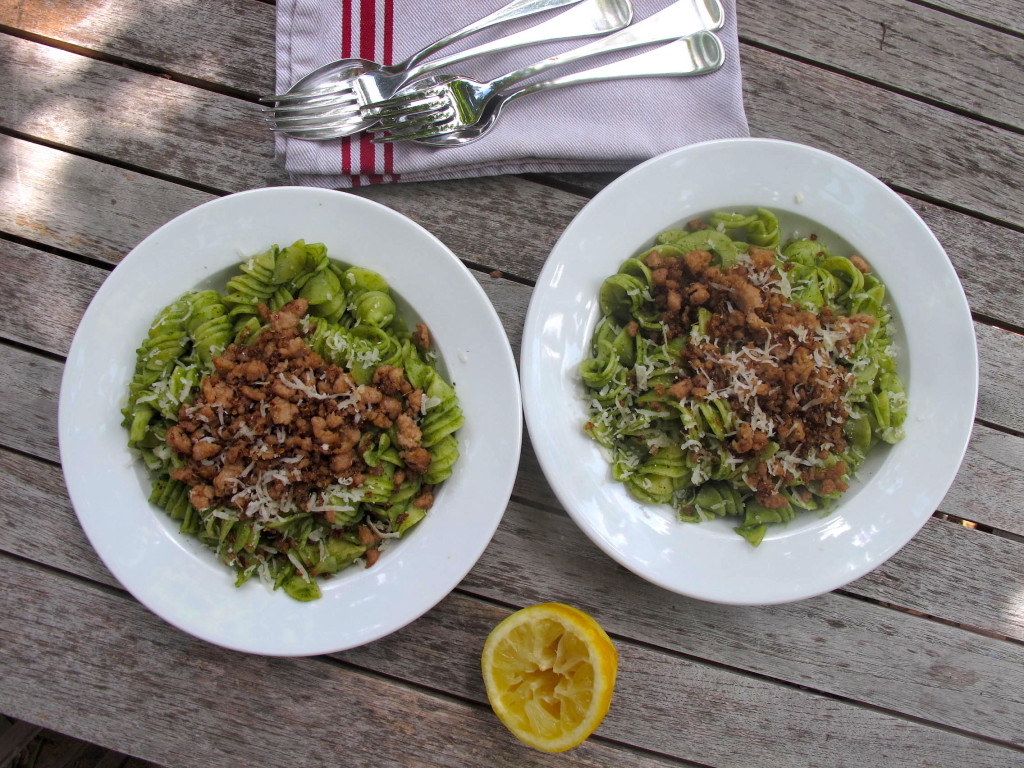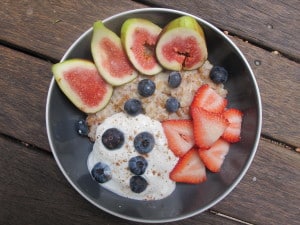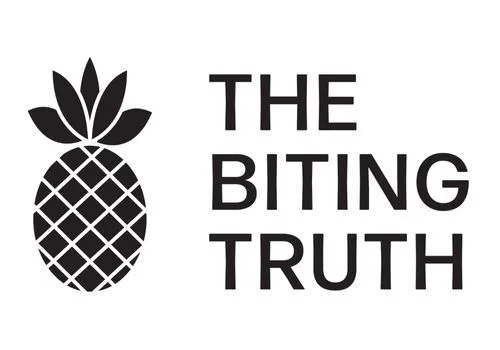
When it comes to weight loss, there are many misconceptions that are commonly held in regards certain foods, and poor old carbohydrates seem to be a regular offender. Whether it’s no carbs after 5pm or no carbs at all, the elusive carbohydrate appears to have acquired quite the negative stigma!
So firstly, what actually is a carbohydrate and why do we need them?
Carbohydrates are a nutrient found in a variety of foods. Aside from the obvious, such as bread, breakfast cereals, rice and pasta, a number of other commonly consumed foods also contain carbohydrates – fruit, starchy vegetables, corn, legumes, sugar, milk and yoghurt.
Carbohydrates are in fact the preferred source of energy for our brains. They are also an important source of fuel for exercise. Although we can use fat and protein as fuel too, fat provides a slower, steadier stream of energy (useful for walking) and is not burned fast enough for more intense exercise. Therefore, without an adequate intake of carbohydrates in our diet, we will find it quite difficult to exercise!
Choosing the right carbohydrates
To provide our bodies with enough energy throughout the day we should be aiming to include carbohydrate-containing foods at every meal. However, when it comes to carbs, it is all about QUALITY.
Unprocessed, wholegrain or low GI carbohydrates are the best choice, as they tend to be nutrient rich and lower in calorie. Eating these will also ensure we maximise our intake of fibre and will leave us feeling fuller for longer.
What is ‘GI’?
You may have seen the GI symbol on a range of products in your local supermarket, but what exactly does it mean?
The Glycemic Index or ‘GI’ is a ranking given to a particular item of food to describe how quickly the carbohydrates in that food are broken down and absorbed into our blood stream1 .
Foods with a HIGH GI are broken down and absorbed by the body very quickly resulting in a rapid rise in blood glucose. Foods with a LOW GI are broken down and absorbed more slowly in our bodies. They result in a steady rise in blood sugar and insulin levels.
Examples of foods that are low GI include:
• Wholegrain bread
• Pasta
• Oats
• Apples, apricots & oranges
• Yoghurt and milk
• Dried beans and lentils
Why should we aim for low GI foods?
It’s important to understand that both high GI and low GI foods can form part of a healthy balanced diet. However, it’s best to aim for low GI foods as much as possible as they have a number of benefits, such as:
• Keeping you fuller for longer and helping keep hunger signals at bay (1)
• Providing a gradual, continuous supply of energy from one meal to the next
• Reducing insulin levels and insulin resistance, helping to stabilise blood glucose levels, which may help prevent type 2 diabetes (1)
• Helping achieve and maintain a healthy weight
The low-down on low-carb diets
Carbohydrates provide our bodies with a range of macro and micronutrients that we need as part of a healthy balanced diet. Going low carb can make it rather difficult to meet some of these nutrient requirements, especially fibre. Without wholegrains, legumes or fruit in our diet (which are the major sources of fibre), we would have to eat a heck of a lot of vegetables, nuts and seeds in order to meet our recommended fibre intake. The National Health and Medical Research Council recommends a daily fibre intake of 30g for men aged 19-30 and 25g for women aged 19-30 years(2).
Another common problem with low carb diets are that they are extremely difficult to maintain in the long-term. Restricting such a wide variety of foods can become quite problematic, especially in social settings. The truth is that whilst people may see an immediate drop in weight on low carb diets, most end up putting the weight right back on 12 months down the tract as its difficult to maintain (3). We generally believe that there’s no point picking up a “diet” that you do not think you will be able to stick to long-term. Instead we advise our clients to make small changes, that don’t involve cutting out whole food groups or nutrients and can be maintained for the long haul! This means it’s possible to achieve a healthier lifestyle, whilst still being able to enjoy a wide variety of foods!
Should we be eating carbs after 5pm?
A common misconception when it comes to carbs is that eating a meal containing carbohydrates at night-time will result in weight gain. The rationale behind this ‘rule’ is that because you are not engaging in any activity at night-time, you will not ‘use up’ or ‘burn’ the carbs and therefore they will be ‘stored’ by your body.
You’ll be happy to know that no, carbohydrates cannot tell the time! Whether the kilojoule’s (kJ’s) are coming from protein, fat, or alcohol, the issue is not necessarily the source, but rather, the number of kJ’s and whether this number exceeds how much your body needs. The culprit always has been and always will be excess kJ’s, not the humble CARB!
Successful weight loss is about monitoring your daily energy input versus output. In other words, if you eat more than you burn, you are likely to gain weight. If you enjoy having some carbohydrates at night, don’t freak out when someone puts some pasta on your plate, just monitor your portions and be sure to account for it as part of your overall daily intake.
Summary
-
Carbohydrates are an excellent source of energy
-
There is no scientific evidence that supports cutting out all carbohydrates from your diet
-
Quantity and quality of carbohydrates matter!
-
Opt for wholegrain, high fibre, unprocessed and low GI carbohydrates
-
-
Swap high GI foods for low GI foods wherever possible
-
Eat at least one serving of a low GI carbohydrate food at each meal, and choose low GI snacks
-
To control body weight and excess fat you need to balance energy intake with energy output
We would love to hear your thoughts on carbs? Comment below !
————————————
References
